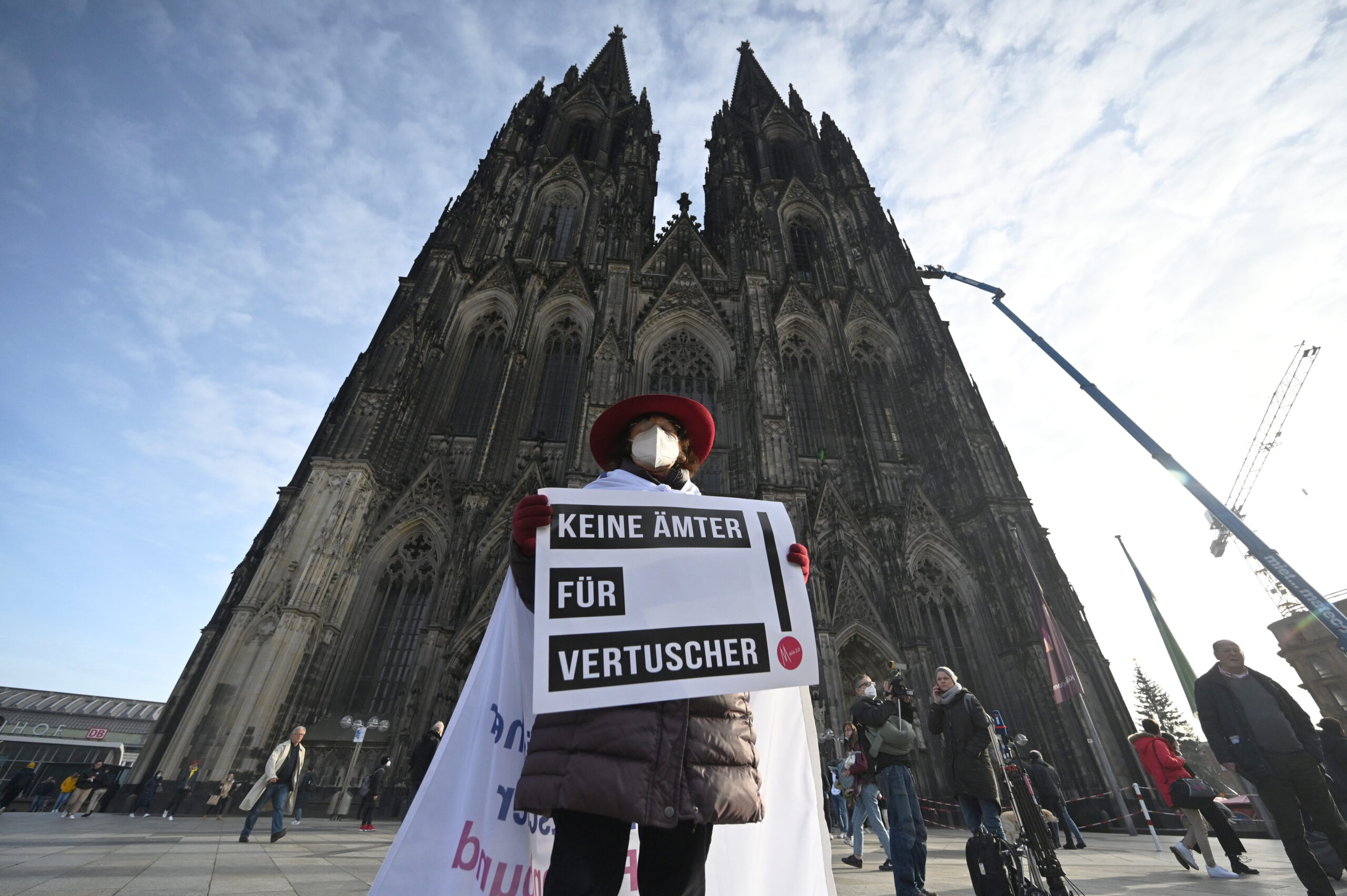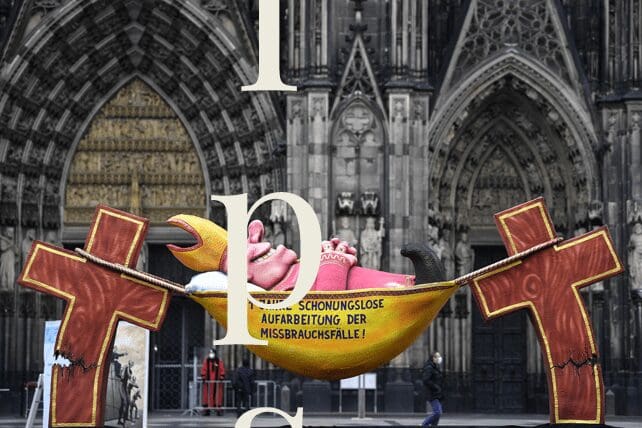(RNS) — Germany’s Catholic and Protestant churches have been criticized for their handling of clergy sexual abuse for years now by victims, believers and the media. Now they face new pressure from an unexpected corner: the insurance industry.
VBG, a national association of accident insurance providers, recently complained to the two predominant church bodies in the country that they had not been notified of the thousands of sexual abuse cases that have been found in the church groups’ ranks.
According to German law, sexual abuse cases can fall under the rules governing the churches’ insurance policies. Policyholders must inform the company of known cases and help insurers determine how much compensation they should pay.
Church insurance policies, the VBG lawyers have determined, cover both paid employees and volunteers at church-run activities such as liturgies, youth groups or outings.
“If an altar boy is abused during work, that is a work accident,” VBG spokesman Pierre Stage told Die Zeit, the weekly that broke the story. “Those affected in the context of church volunteer work have our fullest sympathy.”
The surprised churches have responded to the VGB’s letter with an almost audible gulp. “It is undergoing careful scrutiny, which is still ongoing,” the spokesman for the Catholic bishops conference said.
The Evangelical Church in Germany, a federation of 20 Lutheran, Reformed and United regional churches, indicated it was “in contact with the VBG about this.”
The churches have good reason to tread carefully. In the dozen years since the abuse scandal broke in a Berlin Catholic school, Germany has mostly left it to them to investigate the problem and indemnify the victims.
They have issued several headline-grabbing reports, apologized profusely and offered compensation up to 50,000 euros per person.
But victims complain that this procedure is too slow, compensation is sometimes not enough, decisions on cases are made in secret and they cannot be contested in court.

A participant of a rally of the initiative Maria 2.0 holds a poster with the inscription “No offices for cover-ups” in front of the cathedral in Cologne, Germany, Nov. 18, 2021, before the beginning of a penitential service of the Archdiocese of Cologne in the course of coming to terms with sexual violence. (Henning Kaiser/dpa via AP)
In VBG, one of Germany’s biggest trade associations, with 1.5 million member companies — from banks to railways to architectural firms, as well as the churches — and representing 10 million insured people, the churches suddenly have a powerful critic with deep pockets and highly paid lawyers.
Its letter, sent in late April, clearly outlined what those lawyers thought victims deserved. “The earlier the accidents are reported, the earlier we can care for victims and try to lessen their psychic pain through therapy,” it said.

